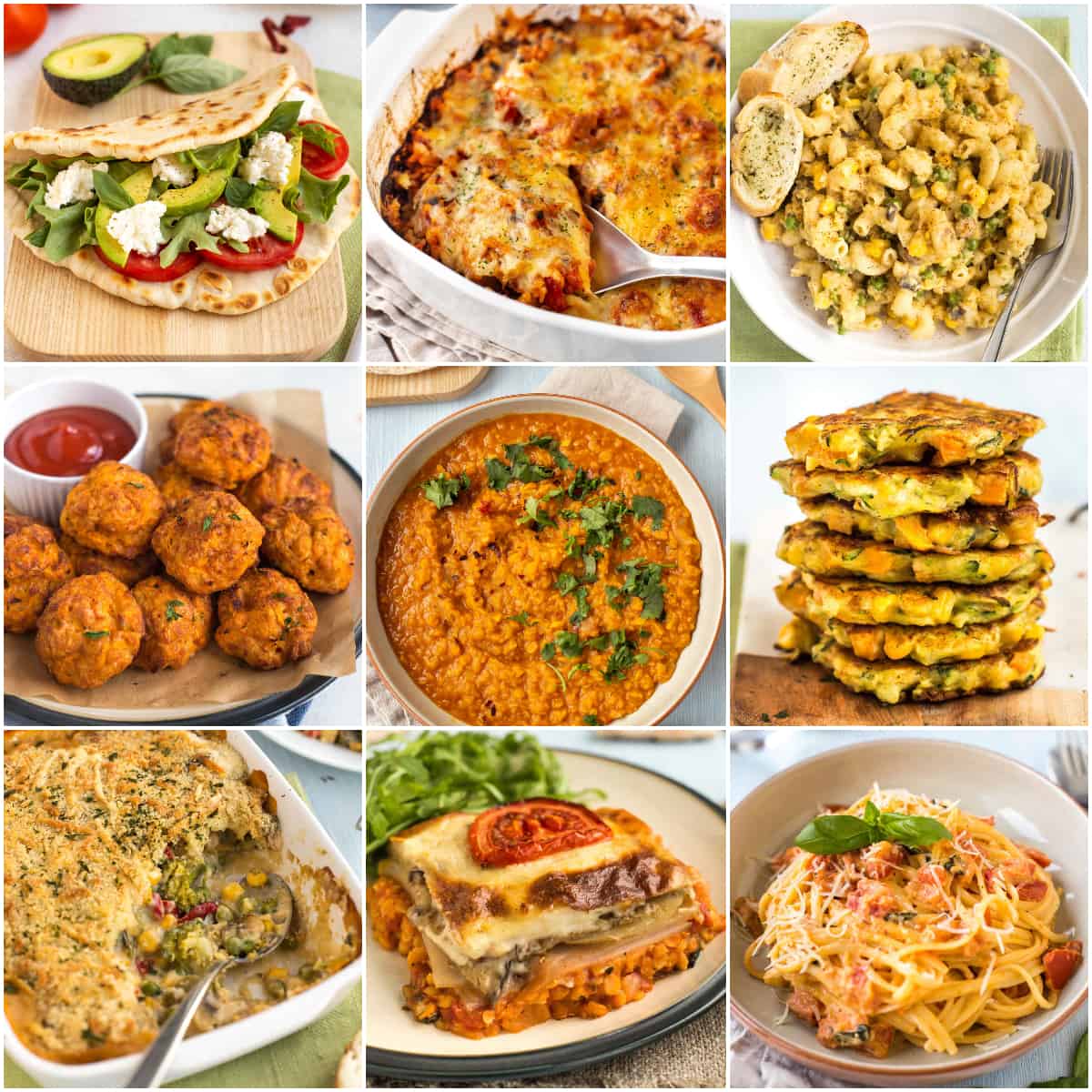Mastering Vegetarian Meals: Tips and Tricks for Delicious Dining

Master vegetarian meals: tips and tricks for delicious dining
With the rise of plant base eating, more people are explored vegetarian diets for health, environmental, or ethical reasons. Transition to a vegetarian lifestyle can seem to daunt, but it can likewise be a rewarding culinary adventure. Whether you’re a seasoned vegetarian or merely will start verboten, these tips will help you’ll create delicious and balanced meals.
Understand vegetarianism
Vegetarianism is a dietary choice that exclude meat, fish, and poultry. Vegetarians oftentimes consume fruits, vegetables, grains, nuts, seeds, dairy products, and eggs. There be different types of vegetarian diets, include:
- Lac toHVOo vegetarians: Include dairy and eggs in their diet.
- Lac to vegetarians: Consume dairy but exclude eggs.
- HVO vegetarians: Include eggs but avoid dairy products.
- Vegans: Avoid all animal products, include dairy and eggs.
Tips for creating balanced vegetarian meals
1. Prioritize protein
Protein is essential for muscle repair and overall health. Incorporate a variety of protein sources such as:
- Legumes: lentils, chickpeas, beans
- Tofu and tempeh
- Quinoa
- Edamame
- Nuts and seeds
2. Embrace whole grains
Whole grains are pack with nutrients and fiber. They provide sustained energy and improve digestion. Options include:
- Brown rice
- Oats
- Barley
- Millet
- Whole wheat pasta
3. Load up on vegetables
Vegetables should be the cornerstone of any vegetarian diet. They are rich in vitamins, minerals, and antioxidants. Try to include a colorful variety in your meals:
- Leafy greens: spinach, kale, Swiss chard
- Root vegetables: carrots, beets, sweet potatoes
- Calciferous vegetables: broccoli, cauliflower, brussels sprout
4. Don’t forget healthy fats
Healthy fats are crucial for brain function and hormone production. Include sources such as:
- Avocados
- Olive oil
- Nuts and seeds
- Coconut oil
5. Spice it up
Herbs and spices not merely add flavor but besides offer health benefits. Experiment with:
 Source: nhs.uk
Source: nhs.uk - Cumin
- Turmeric
- Basil
- Ginger
- Cilantro
Meal planning and preparation
Preparation is key to maintain a vegetarian diet. Hither are some strategies to streamline your meal planning:
Batch cooking
Cook in bulk can save time and ensure you have nutritious meals ready to go. Consider preparing:
- Soups and stews
- Grain salad
- Vegetable stir fries
Keep a well stocked pantry
A pantry fill with essentials makes it easier to whip up meals. Key items include:
- Canned beans and tomatoes
- Whole grains and pasta
- Nuts and seeds
- Dry herbs and spices
Real life example
Consider the story of Sarah, a busy professional who decide to adopt a vegetarian lifestyle. Initially, she finds it challenge to balance her diet and frequently feel fatigued. By incorporate a variety of proteins, whole grains, and vegetables into her meals,Sarahh notice a significant improvement in her energy levels and overall health. Her journey emphasize the importance ofana advantageously rounded diet when transition to vegetarianism
Conclusion
Adopt a vegetarian lifestyle can be a fulfilling and healthy choice. By prioritize protein, embrace whole grains, and incorporate a variety of vegetables, you can create balanced and delicious meals. Planning and preparation are key to success, and with these tips, you’re advantageously on your way to master vegetarian dining. Explore more resources and recipes to continue your journey toward a vibrant and sustainable way of eat.






